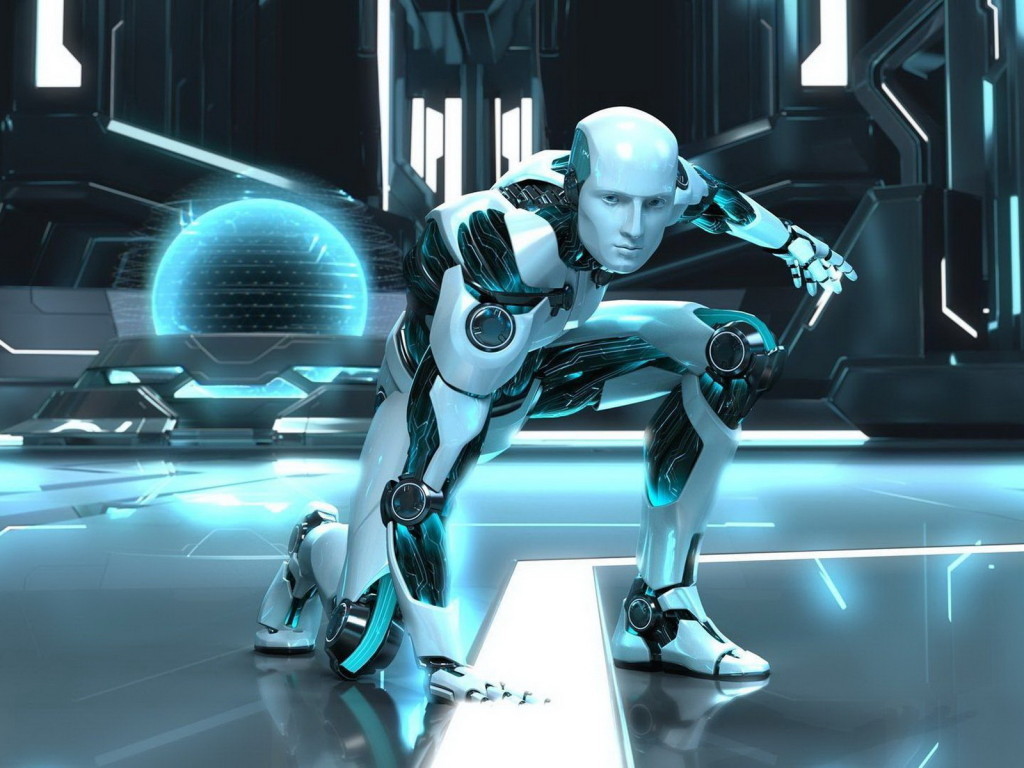The older I get, the more I realize how complicated the world can be. By the world, I don’t just mean complex socio-political or cultural trends that manifest over extended periods of time. I’ve found that most people, in general, are complicated.
Every individual has their own story to tell.
Every person has their own goals, wants, needs, morals, and methods for doing things.
Every community and culture has their own approach to molding a functioning society.
There’s no one perfect way to go about it. If anything, there are too many approaches that are good, bad, or some messy combination of both. Many of us like to think there’s a single way to maximize the happiness and potential of all individuals. Many even believe they know it when they’re young and idealistic.
Then, we get older and we realize that’s not just impossible. It’s untenable.
I say this as someone who went through his share of ideological shifts, especially in college. I won’t bore everyone with the details. I’ll just say that my perspectives on politics, religion, and culture when I was 20 were vastly different from what they were when I turned 30.
In developing those perspectives, there weren’t many common threads, especially when religion and politics were involved. I know I’ve touched on both many times before and while I try to be fair, I don’t deny I have certain leanings that I don’t hide.
I am generally mistrustful of organized religion, as well as the agendas of those who are overly extreme in their beliefs. I am just as mistrustful as those who take extreme positions on certain political ideologies, be they conservative or liberal.
I am deeply critical of conservative religious types who basically seek to impose a theocracy.
I am also deeply critical of extreme left-wing liberals who seek to impose a politically correct autocracy.
People on both sides will likely claim they’re not seeking anything bad or negative. They genuinely believe that their way will be for the greater good. They believe people will be happier and more prosperous of everything they believe is imposed and integrated into a larger order.
Sincere or not, I still say those beliefs are misguided. I also suspect those same people don’t understand the complexities and nuances of individuals or humanity, as a whole. At the same time, I do think they raise an important question, which also warrants a larger thought experiment.
How much SHOULD society seek to control people?
It’s a question both sides of the political/ideological/cultural/religious spectrum grapple with, even if they don’t say it out loud. It often comes back to this. Whether it involves determine morals, crafting laws, or developing a larger culture, this is one of the most common issues.
It’s not an unreasonable concern, either. To some extent, society needs to exact some control over peoples’ behavior. Even in small, tribal settings, individual behavior can have a profound impact on others. If people just did anything they want without any regard for others, we couldn’t function. We couldn’t cooperate, coordinate, or collectively thrive.
Humans evolved to be a social species. One individual, on their own, can only do so much to function and survive. A group of individuals can achieve so much more. With a large enough group, we can create a civilization that can literally reshape the face of the planet.
That kind of coordination requires some level of control over the individual. Whether it’s by punishing or shaming certain behaviors or strongly encouraging others, we need some mechanism for maintaining social cohesion. It’s just a matter of extent.
Some ideologies go to incredible extremes. Religious conservatives can be particularly draconian in enforcing control. They don’t just seek to punish certain behaviors while censoring certain messages. They actively seek to police peoples’ thoughts and feelings, often in a way that’s damaging to many individuals.
Extreme liberals can be just as bad. There are those who seek to not just punish those who do so much as tell an offensive joke or depict video game characters in a way that’s too sexual. They seek to punish individuals in the present for the actions of those in the past. Like their religious counterparts, they also attempt to police others’ thoughts.
Then, you’ve got the extreme libertarians who try to minimize social control to the greatest extend possible. I would argue that too is not practical, if only because it ignores the nuances and complexities necessary for a functioning society at large.
For most people and societies, the extent of the control they impose varies. In some places, free speech is protected while in others, it’s tempered in the name of ensuring social harmony. The same goes for things like encouraging or discouraging certain behaviors, like drinking, gambling, or promiscuous sex. Some involve laws while others involve shaming. The goal is still the same.
It all comes back to control. To complicate things even more, some individuals require less control than others. There are those who are perfectly responsible and don’t need the law or shaming to be decent, upstanding members of society. There are also those who are just pathologically incapable of following the rules and getting along with other people. What does society do about them?
I understand I’m using “society” in a broad, generalized term. That’s because the question, and any thought experiment surrounding it, needs to focus on the bigger picture. I know that’s not easy for any one individual. Like I said, we all have our biases, prejudices, and predispositions. We also tend to believe we’re right and are generally resistant to change.
I maintain that’s exactly why we should ask questions like this. It’s also why we should dare to think about how much or how little we control one another on a societal level. Civilization and society, for all the wonders they achieve, is an ongoing process. That means there are always opportunities for refinement. We can and should take every opportunity to do so.
If you have any insights on this thought experiment, please share them in the comments. Also, if you have any thought experiments you’d like me to discuss, please share those as well.






